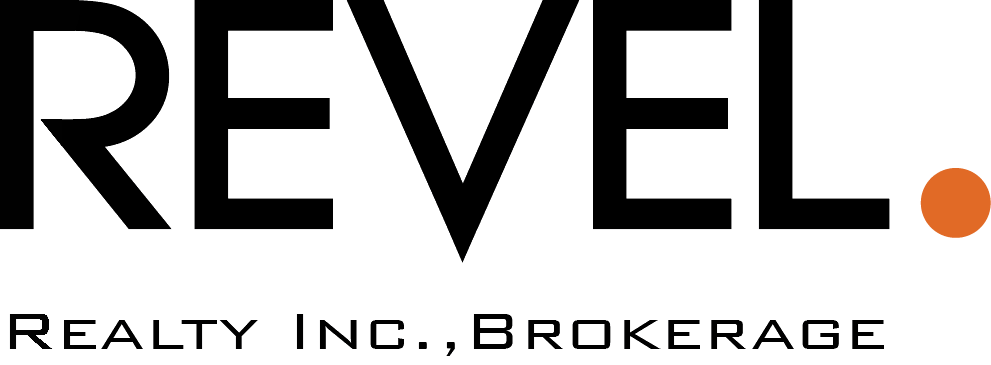HELPFUL TIPS
FOR BUYERS
1. Not Using a Buyer’s Agent
Purchasing a home could be the most important and complex financial transaction of your life and going it alone is risky. Indeed, a buyer’s agent can save you time, hassle and thousands of dollars. Take time and care when selecting a real estate buyer’s agent; find someone you can trust and with whom you have a good rapport.
2. Not Getting Loan Pre-Approval
Many buyers want to find the “perfect” home before having their credit approved, which can backfire when an offer is on the table and time is of the essence. It’s wise to get pre-approved for a loan even before you view your first home. Your credit report may contain inaccurate information you were not aware of, which can be a time-consuming process to rectify; you might not like the loan program for which you qualify; or you might qualify for a higher loan value than you thought. Ultimately, you will need a pre-approval letter with your offer, so do yourself a favor and do this in advance. It’s free, after all.
3. Having Unclear Goals
Create a realistic idea of the property you’d like to buy. What features are most important to you? Make two lists: one of the items you can’t live without and one of the features you would enjoy. Refine the lists as the house hunt progresses, but remember that no place is going to be 100% perfect. It will be up to you to do the finishing touches and call it home.
4. Forgoing Home Inspections
After your offer is accepted, set up a home inspection. It’s not uncommon to find problems, including leaky roofs, cracked walls, insect infestations and foundation problems. Hire a reputable inspector and negotiate to get the most for your money once the inspector’s report is final. If you negotiate repairs as part of the purchase, ask for a walk-through before finalizing the paperwork to make sure all issues are resolved to your satisfaction. Also, inquire about home protection plans as part of the purchase which may save you money in the short and long term.
5. Not Shopping Mortgages
A difference of even half a percentage point can mean considerable savings over the life of a loan. For example, the difference between a monthly payment on a $100,000 mortgage at 8% vs. 7.5% is about $35 per month. Over 30 years, that’s $12,600. Be a smart consumer and comparison-shop for the most favorable mortgage rates and terms.


